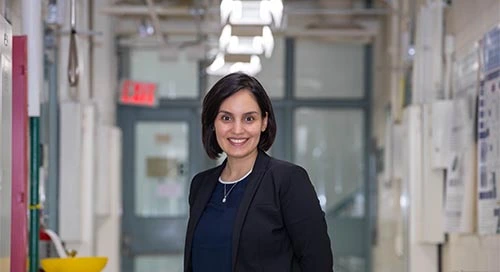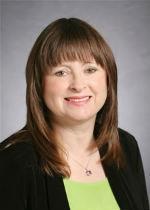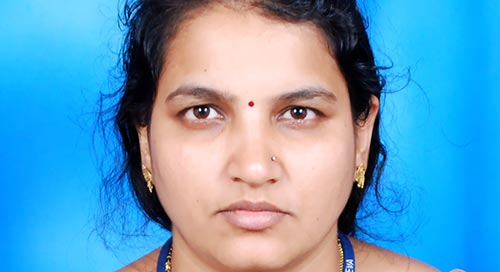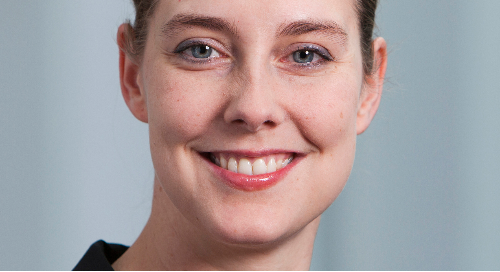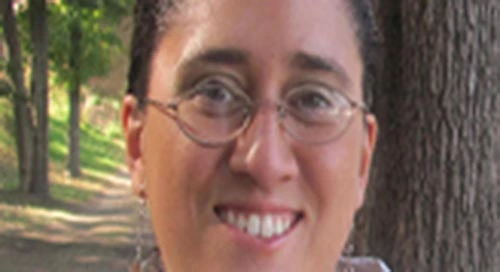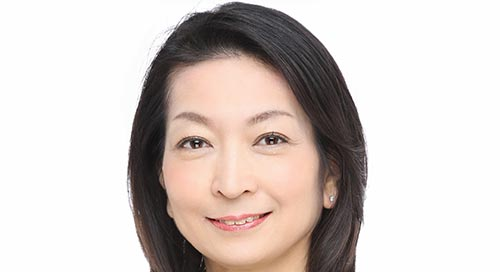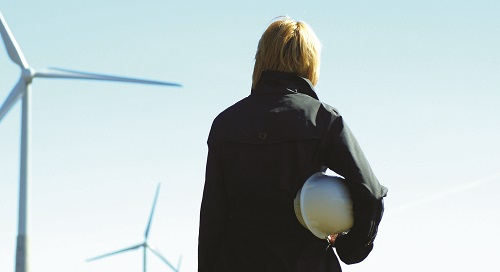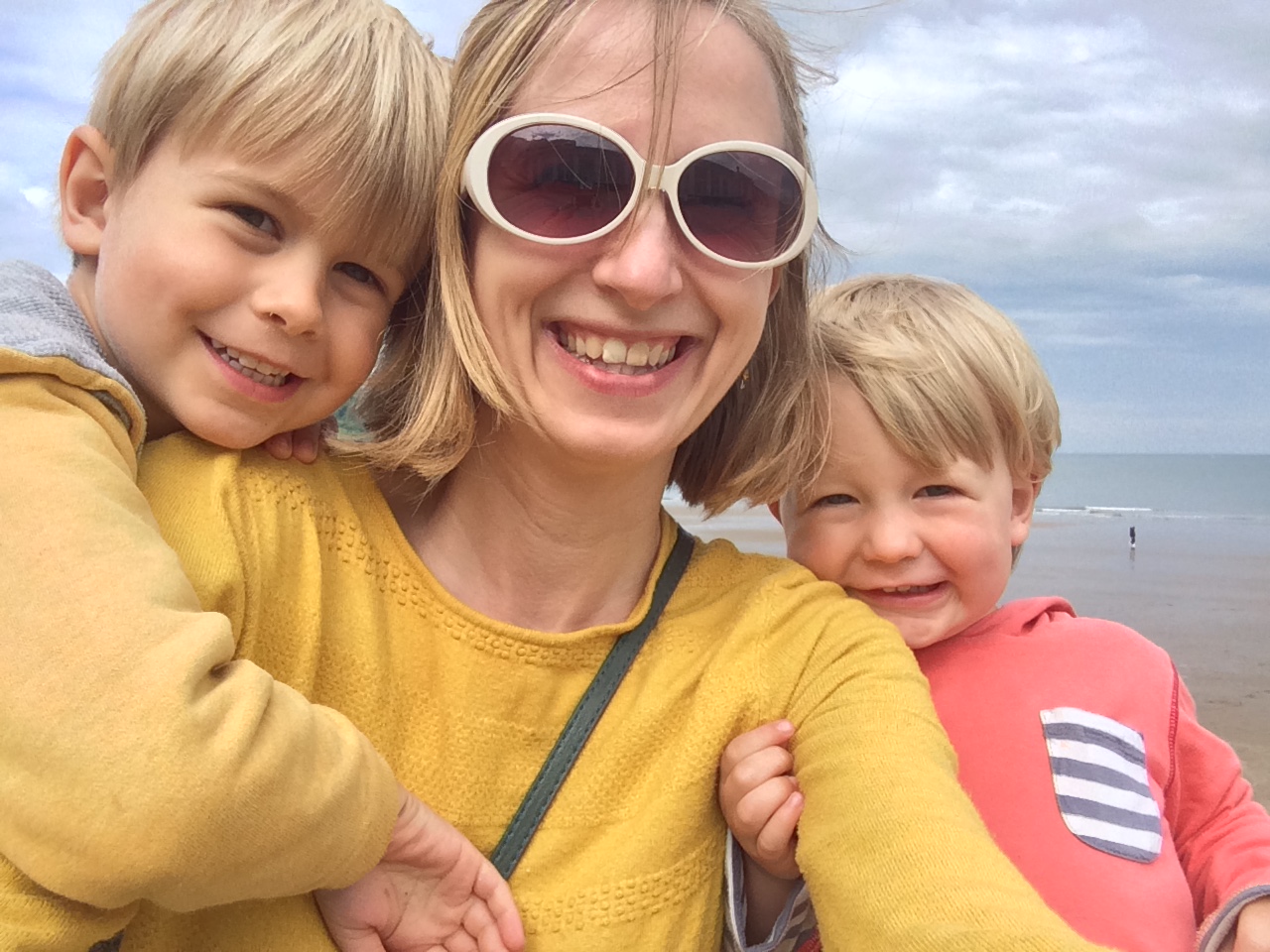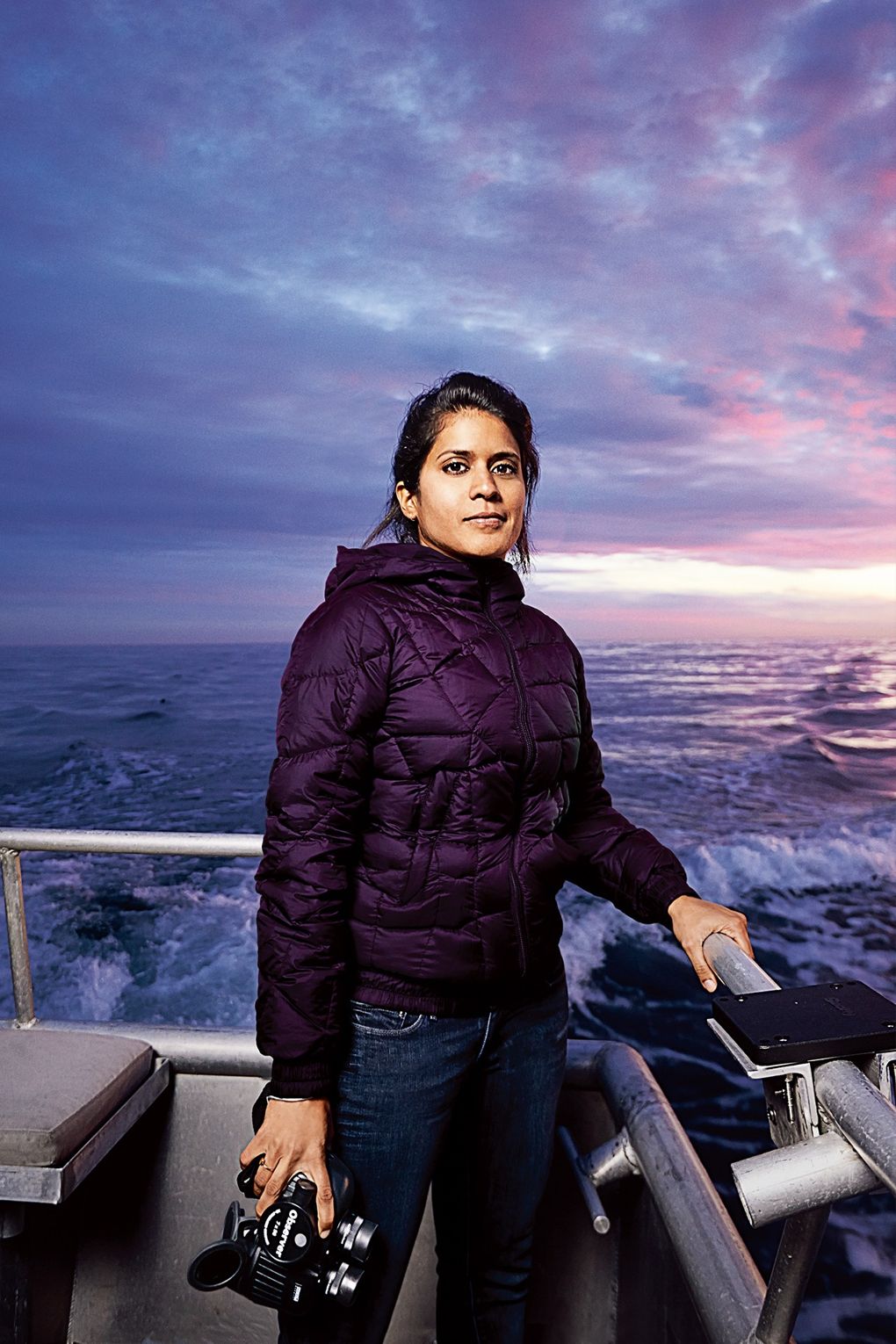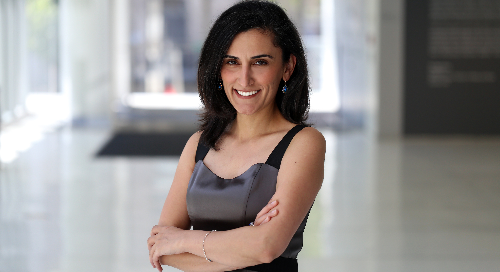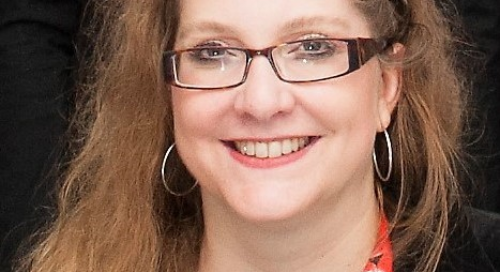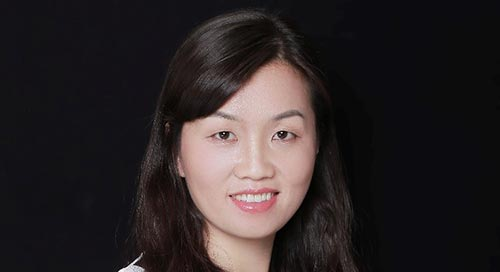inspiring-minds-with-sunshine-menezes
April 08, 2021
A movement is underway to completely rebrand science communication.
Professor Sunshine Menezes’ story takes her from traditional environmental research to focusing on equitable science communication. As Executive Director of the Metcalf Institute, Sunshine and her team help journalists, scientists, and science communicators of all kinds have more relevant, effective, and inclusive conversations.
We asked Sunshine a few 'behind the scenes' questions when she first saw the film...
Q. How do you feel about seeing the film for the first time?
A. Honestly, I have conflicting feelings. I'm deeply humbled to be featured in this way, and grateful. The film is beautiful and, apart from the normal feelings about wishing I'd articulated some things a little differently, I think this captures my story very well. That said, I want to acknowledge that this inclusive science communication movement is truly a collective, informed by so many people who I've learned from, collaborated with, and who have contributed across a very wide variety of fields. I feel a little guilty about getting this recognition when I'm such a small part of a very big story.
Q. What made you want to share your story with us?
A. This is simple: I couldn't miss the opportunity to talk about the absolute urgency of shifting the paradigm of science communication. The systemic oppressions and inequities that plague society are old and deeply rooted, but many people have had new realizations about these problems since the pandemic began. If ever there were a period of time that might force us to break out of the dominant assumptions about science and science communication (namely, assumptions rooted in the dominant culture of whiteness and Western methods as the singular approach toward science), it is now. I think it's safe to say that all of us working in this movement share this sense of urgency to create new approaches that center equity and intersectional perspectives.
Q. Could you tell us about your experience filming with us?
A. It was wonderful! And weird! The Lonely Leap and Wiley teams were incredible, to a person. But we were filming this in early January 2021, which meant that we needed to take great precautions to avoid any COVID exposures. The in-person film crew and I were all tested for COVID-19 just prior to filming and they wore masks throughout. I have a compromised immune system, and have taken extra precautions throughout the pandemic, so this felt a little scary for me, even though we were all very safe. The scene we filmed in the microscopy room was in such a small space that I felt compelled to wear a mask. The team was very accommodating throughout the process.
Q. What’s one thing you would like people to do after hearing your story?
A. Hopefully they'll think about their own research or science communication efforts, whether that's in a classroom or makerspace or journalism or social media or otherwise, and critically reflect on what they're doing, how they're doing it, and whether their actions are advancing equity. If they'd like to learn more, I hope they'll visit inclusivescicomm.org and check out the resources we've gathered.
Q. Do you have one piece of advice for those pursuing a research career?
A. Allow yourself the grace of evolving as a researcher and human being. I got a PhD in oceanography. While I make use of my scientific training all the time, I no longer do oceanographic research. We often receive explicit and implicit messages that a graduate degree means you will follow a certain, linear path. But most of the people I work with have found their passions through non-linear paths. I believe strongly in doing work that fills your soul. Sometimes it takes us a while to find that work. All those different paths we follow along the way enrich us and, ultimately, make the work much better.
--
Feeling inspired?
Bright minds build bright futures and your research can contribute. Let us make your publishing experience easy and rewarding. Simply register with Author Resources.

